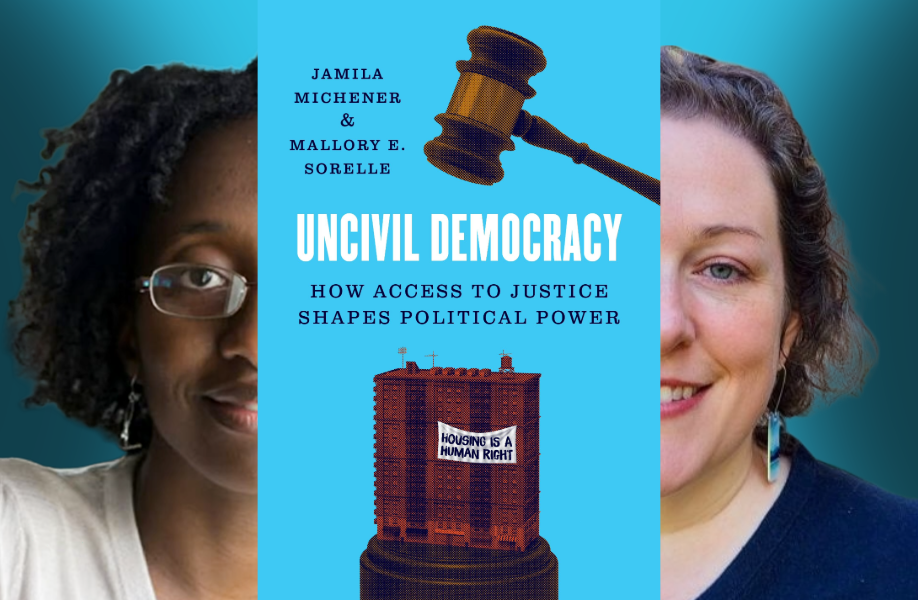The electoral base of the Democratic Party has been transformed over the past generation. Democrats have lost ground in rural America while adding strength in cities and, more recently, suburbs. A major consequence of this shift has been the creation of a “U-shaped” Democratic voting base, with both poorer metro voters and affluent suburbanites siding with the party. This spatial alliance overlays a multi-racial one, as Democrats rely more heavily on voters of color than any other major party in American history. Many analysts have argued that the Democratic Party has managed this sea change by shifting from economic to cultural and identity appeals. This claim is consistent with leading models of two-dimensional party competition, as well as a fair amount of cross-national research on parties of the left and center-left in contemporary knowledge economies. However, we find little evidence for this claim in national Democrats’ messaging (via party platforms and on Twitter), nor, more important, in their actual policy efforts. Instead, we show that even as Democrats have increasingly relied on affluent, educated voters, the party has embraced a more ambitious economic agenda. The national party has bridged the Blue Divide not by foreswearing redistribution or foregrounding cultural liberalism, but by formulating an increasingly bold economic program—albeit one that elides important inequalities within its metro-based multi-racial coalition. Understanding how and why Democrats have taken this path is central to understanding not just the party’s response to its shifting electorate, but the way parties manage coalitional change more broadly.
Read the full article!






